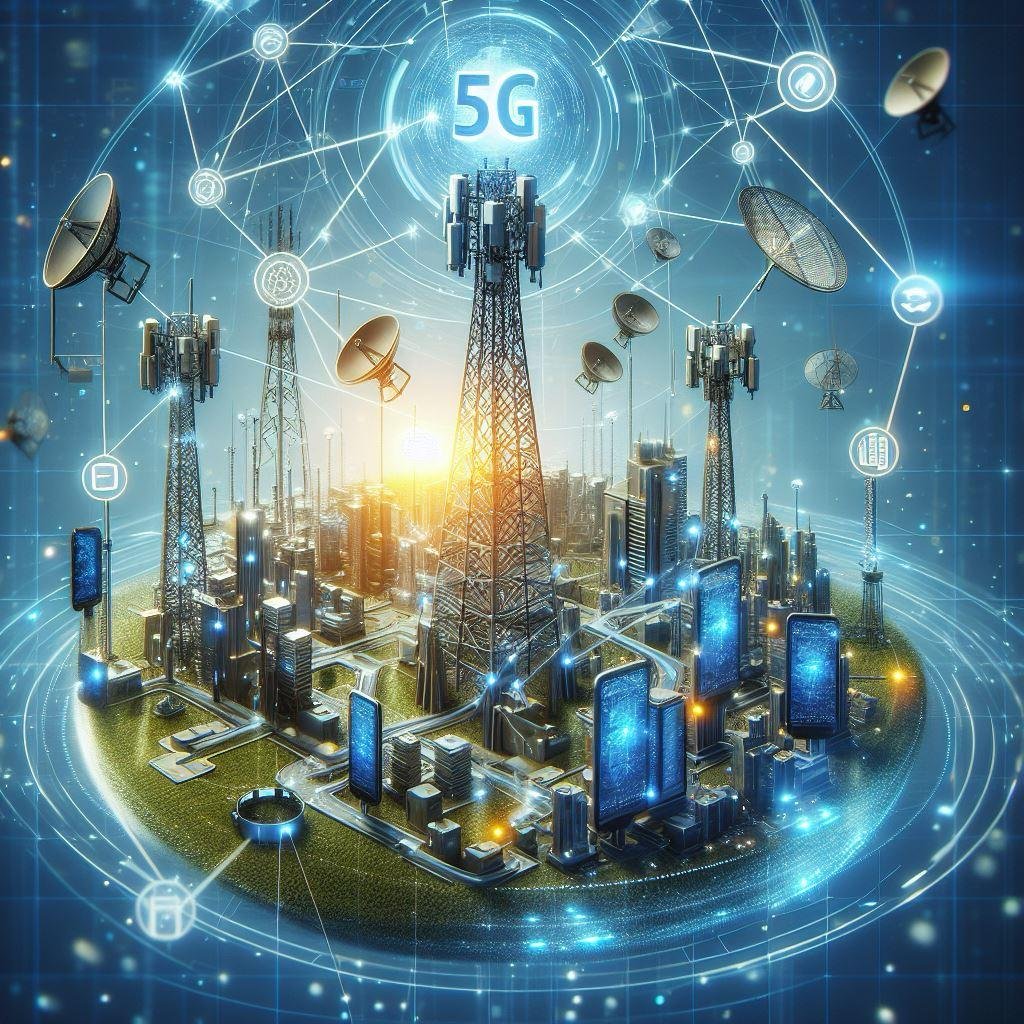Top 10 Technology Trends
Discover the current and future top Technology Trends
Introduction
In the ever-evolving landscape of communication technology, 5G stands out as a game-changer. This fifth-generation mobile network promises lightning-fast speeds, ultra-low latency, and transformative capabilities. Let’s delve into the details of 5G, explore its impact, and address common questions.
What is 5G?
- 5G represents the fifth generation of mobile networks, succeeding 1G, 2G, 3G, and 4G.
- It’s a global wireless standard designed to connect virtually everything—people, devices, and machines.
Key features of 5G include:
-Multi-Gbps peak data speeds: Faster downloads, seamless streaming, and rapid data transfer.
-Ultra-low latency: Near-instantaneous response times for real-time applications.
-Massive network capacity: Accommodating a growing number of connected devices.
-Improved reliability: Ensuring consistent connectivity.
-Uniform user experience: Enhanced performance across diverse scenarios.
How Does 5G Work?
- 5G leverages millimeter waves, sub-6 GHz spectrum, and small cells to deliver its capabilities.
- Millimeter waves provide high speeds but have shorter range, while the sub-6 GHz spectrum offers broader coverage.
- Small cells—compact base stations—densify the network, ensuring consistent coverage even in crowded areas.
FAQs about 5G
1. Who invented 5G?
-While no single entity invented 5G, it’s the result of collaborative efforts across the industry.
2. What technologies make up 5G?
-5G combines millimeter waves, sub-6 GHz spectrum, and small cells.
3. How is 5G better than 4G?
-Faster speeds, lower latency, and increased capacity.
4. When will 5G affect the global economy?
-By 2035, it is enabling up to $13.1 trillion worth of goods and services.

